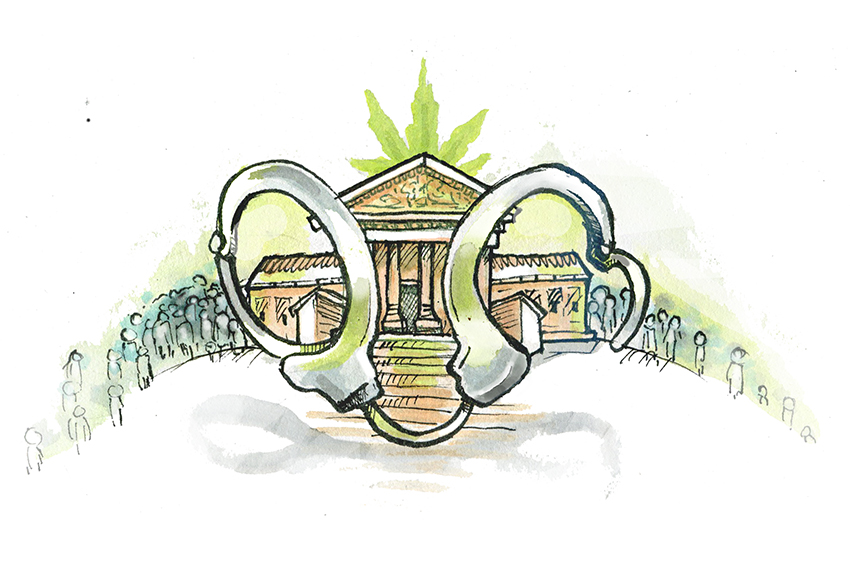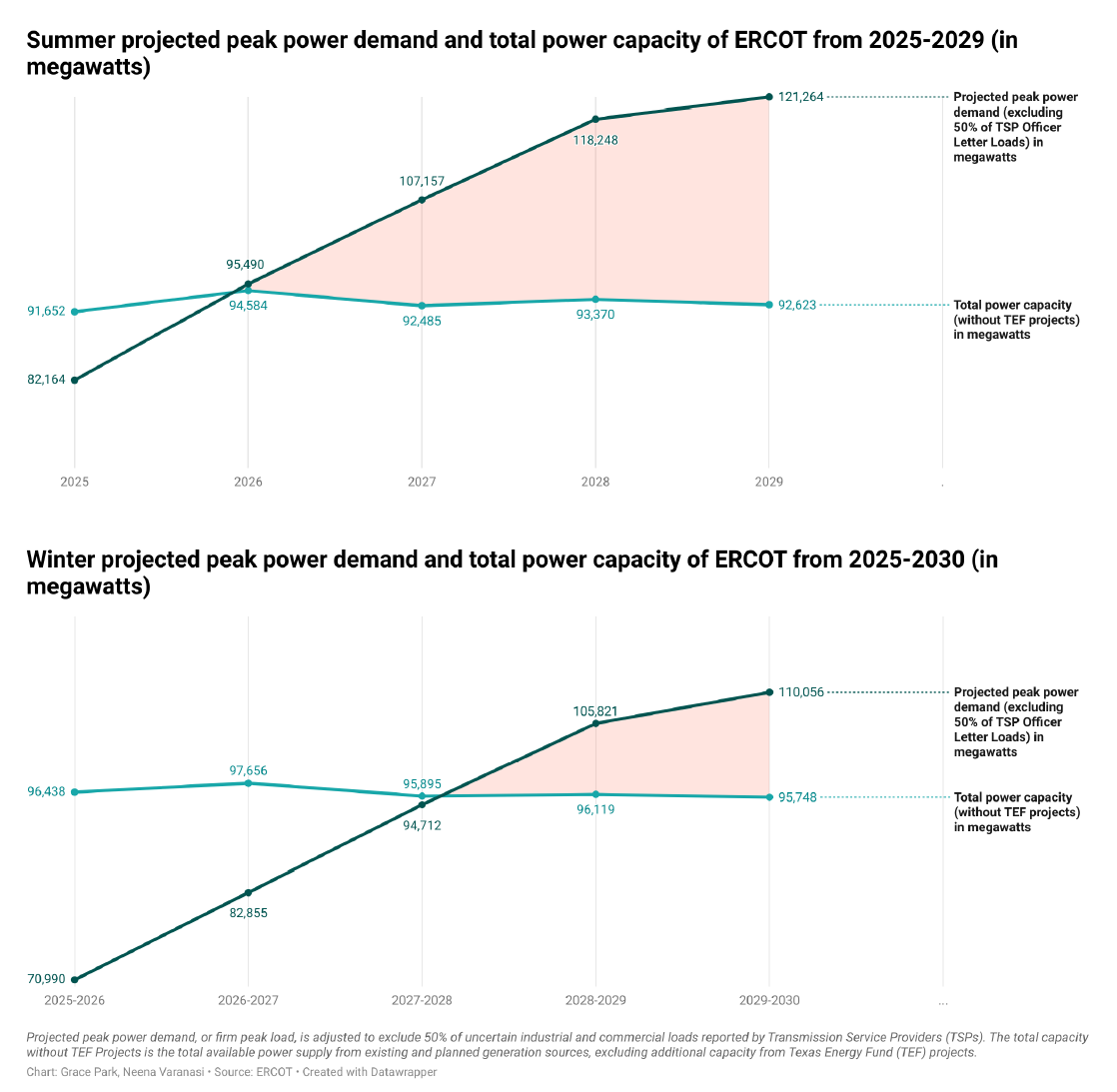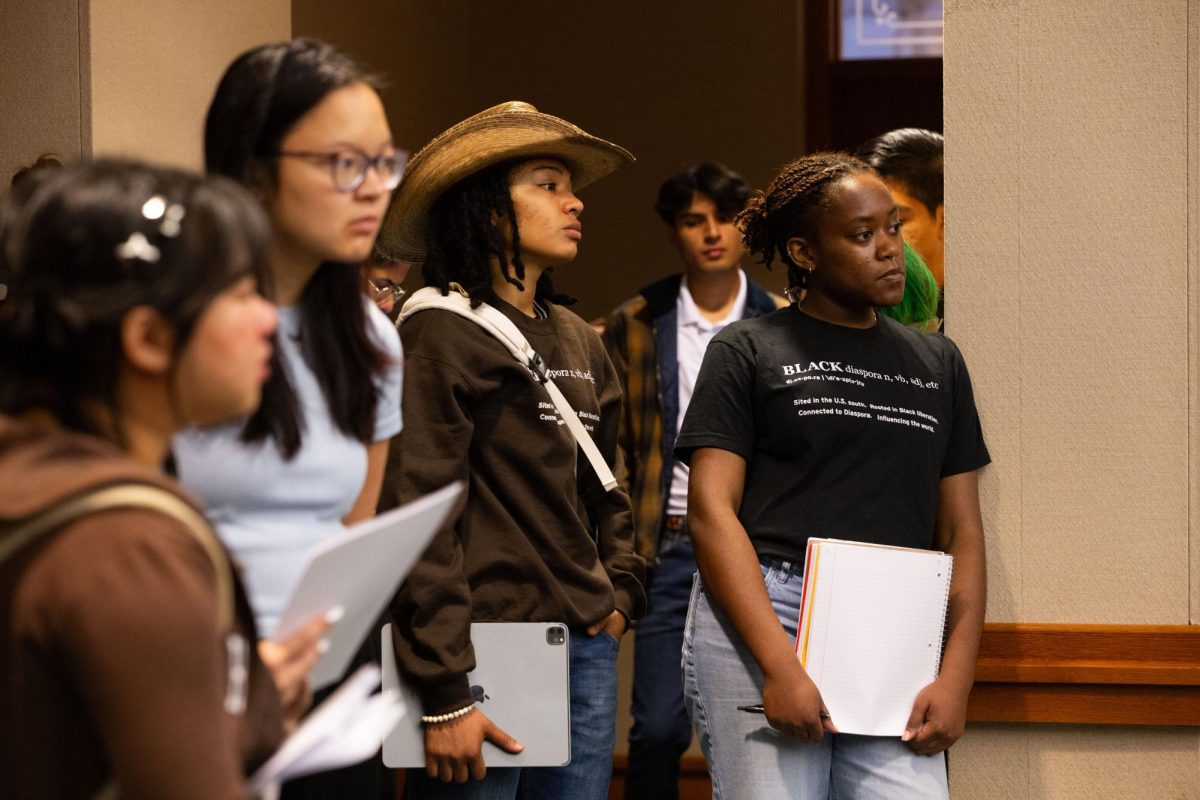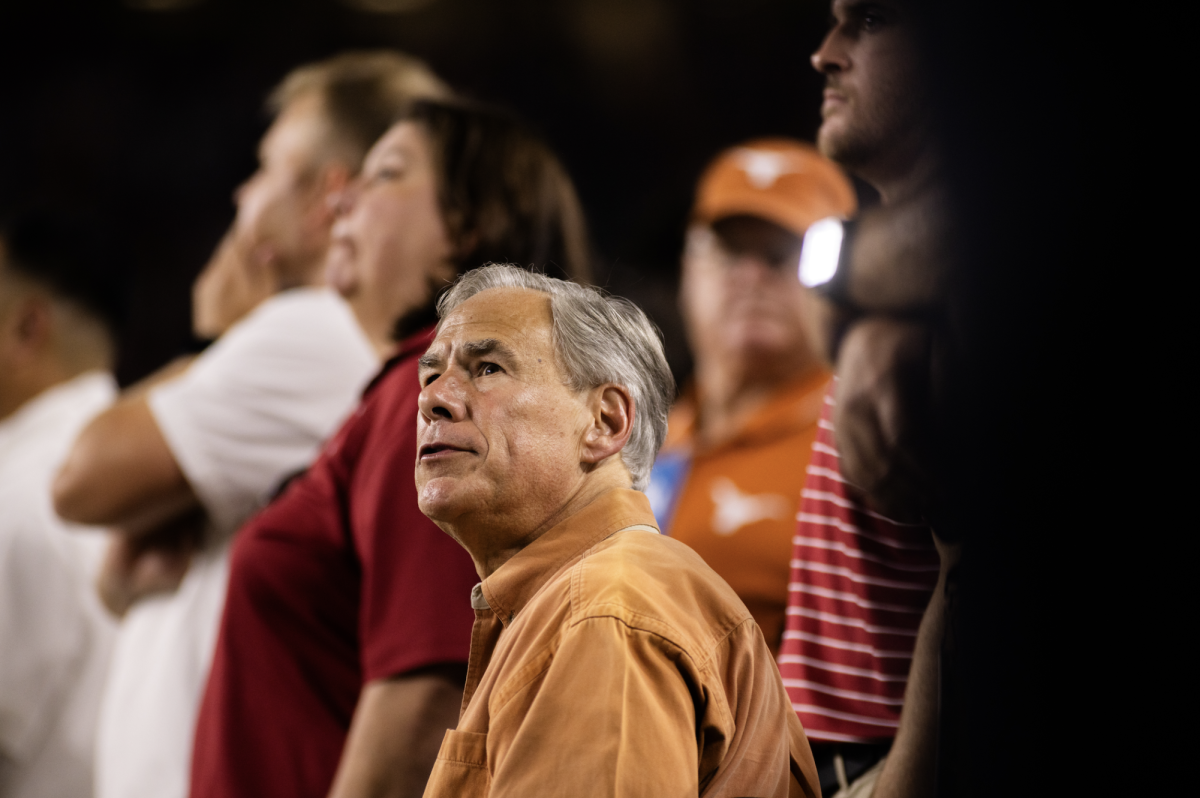Police associations across Texas say they are hesitant to support the decriminalization of marijuana proposed in pending state legislation.
Currently, possession of one ounce of marijuana or less is a Class B misdemeanor, resulting in up to 180 days in jail and a $2,000 fine. Under House Bill 63, filed by state Rep. Joe Moody, D-El Paso, possession of this amount would be a civil offense punishable by a maximum fine of $250. In response, police associations are voicing their concerns for decriminalization.
Charley Wilkison is the executive director of the Combined Law Enforcement Associations of Texas. Wilkison said there needs to be provisions written into the legislation that clearly identify and prosecute impairment if an individual is caught
possessing marijuana.
“The trickiest part is keeping impairment in the bill and protecting the community,” Wilkison said. “Whether you’re texting, drinking, having an altercation inside your vehicle or smoking marijuana, any kind of impairment is the thing that causes serious death, injury and property damage.”
Wilkison said the measurement of marijuana also poses problems for law enforcement under decriminalization.
“The concern of course is that there will be people trying to move plants and claim they have less than an ounce,” Wilkison said. “There will be all kinds of things tried, but three different containers of one ounce is still three ounces.”
Sixty-nine percent of Texans support reducing the penalty for small-scale marijuana possession to a citation and fine, according to a poll conducted by the Texas Politics Project in 2018. Last September, Gov. Greg Abbott also said he is “open” to reducing penalties for the possession of small amounts of marijuana.
Wilkison said another problem with decriminalization is the public continuing to push for larger amounts of marijuana, but he said law enforcement personnel often trust the governor when it comes to criminal issues.
“If Greg Abbott will sign it, I’m sure it will get to the place to where any reasonable person will support it,” Wilkison said. “There’s a lot of time between now and the end of session, so we’re not going to come out and oppose the bill until we know where others are on the issue.”
James McLaughlin, general counsel for the Texas Police Chiefs Association, said he does not support the legislation because it would not consider impairment when someone is found possessing marijuana.
“We have a finite number for alcohol — 0.08. That’s the standard we use,” McLaughlin said. “There is no standard for marijuana.”
McLaughlin said his lack of support also stems from his experience with most minor marijuana cases, which he said do not result in arrest in the first place.
Undeclared freshman Norman Wang said he opposes HB 63 because it will present other challenges to law enforcement.
“Marijuana decriminalization encourages illegal drug deals, which might raise safety concerns,” Wang said in an email. “Law enforcement agencies have to spend more effort and risk themselves in order to crack down certain crimes.”
Wang said his opposition also draws from marijuana’s effects on students.
“Students who smoke marijuana may face financial problems, a drop in academic performance and a decline in health conditions, or even commit crimes under the influence,” Wang said. “Those who don’t (smoke) may have to suffer the odor of the smoke all around campus.”





















